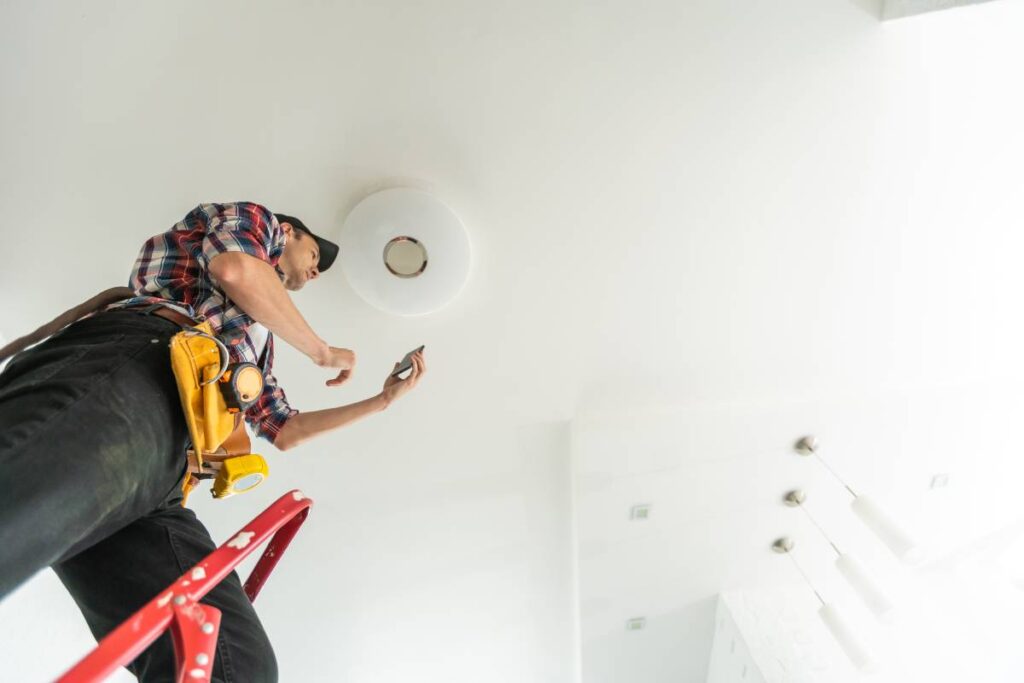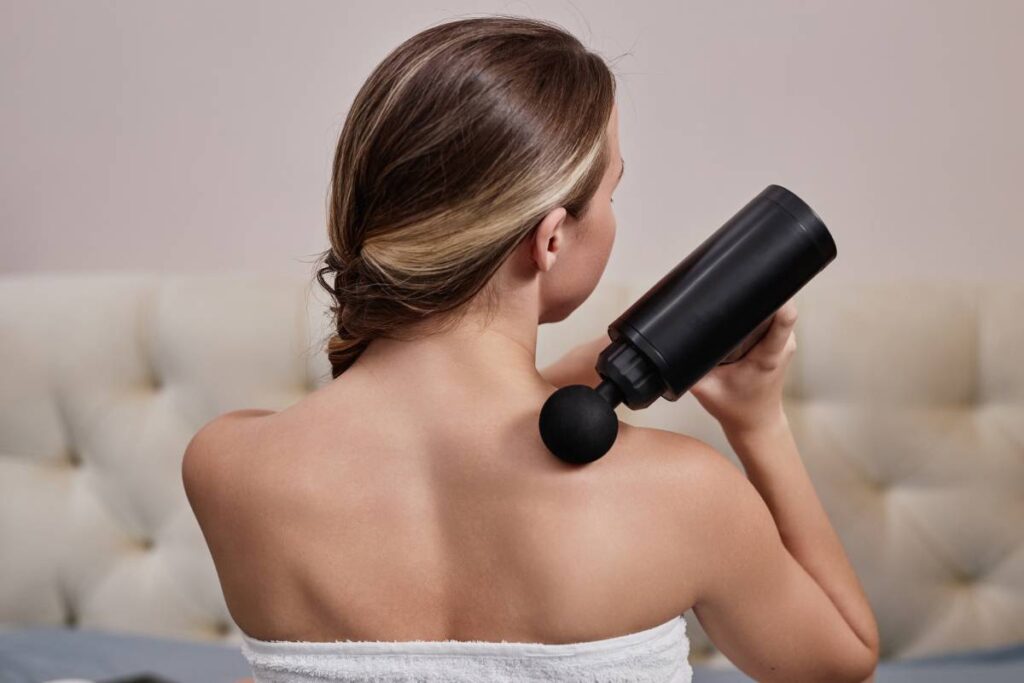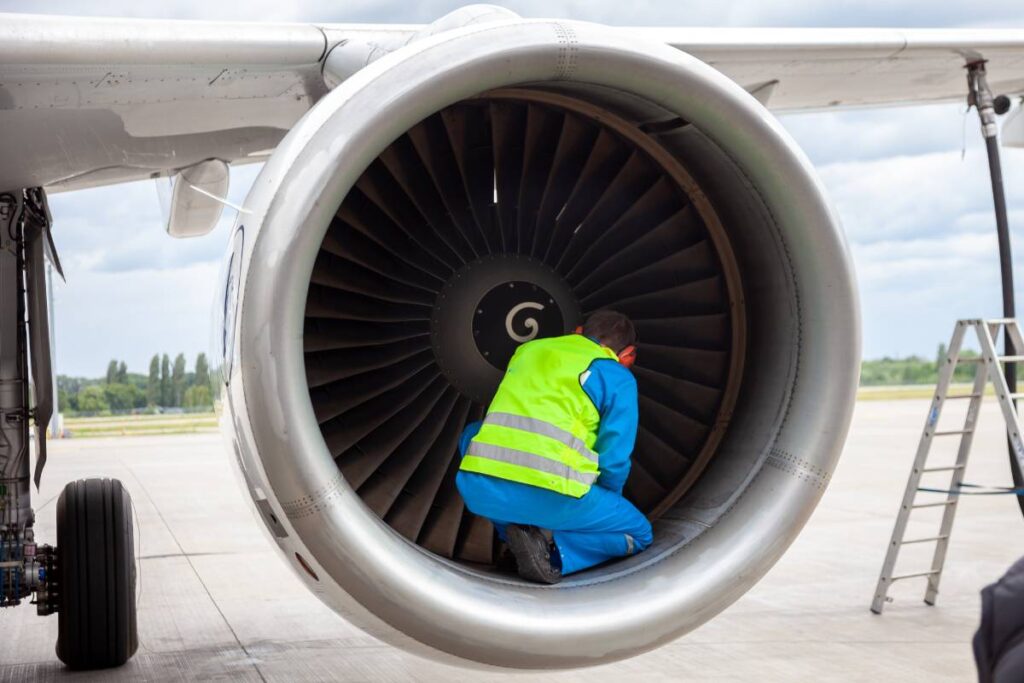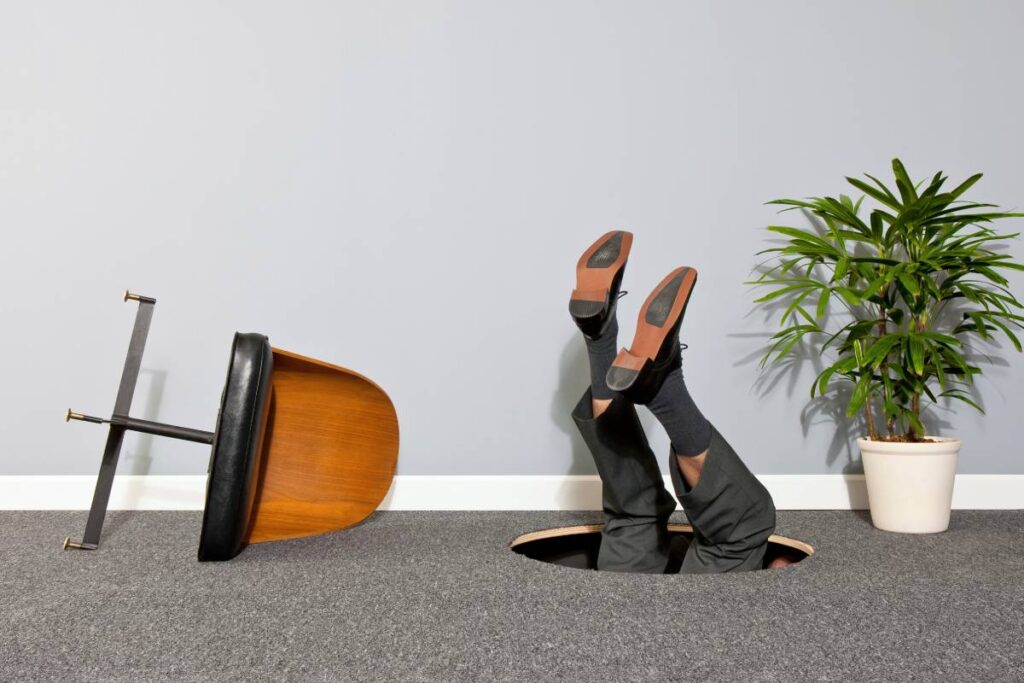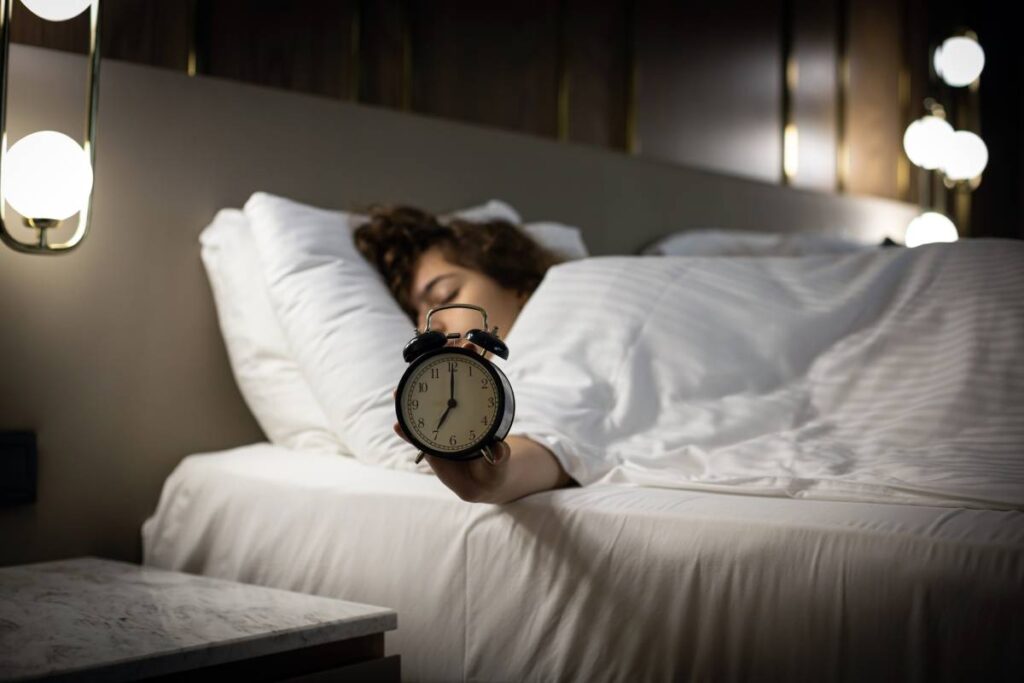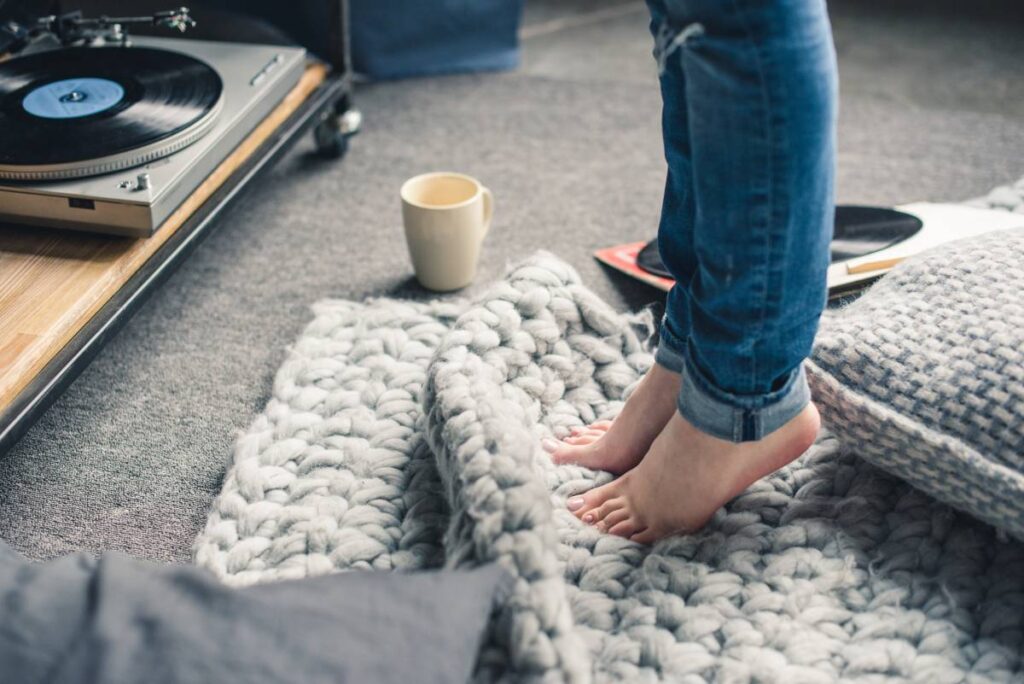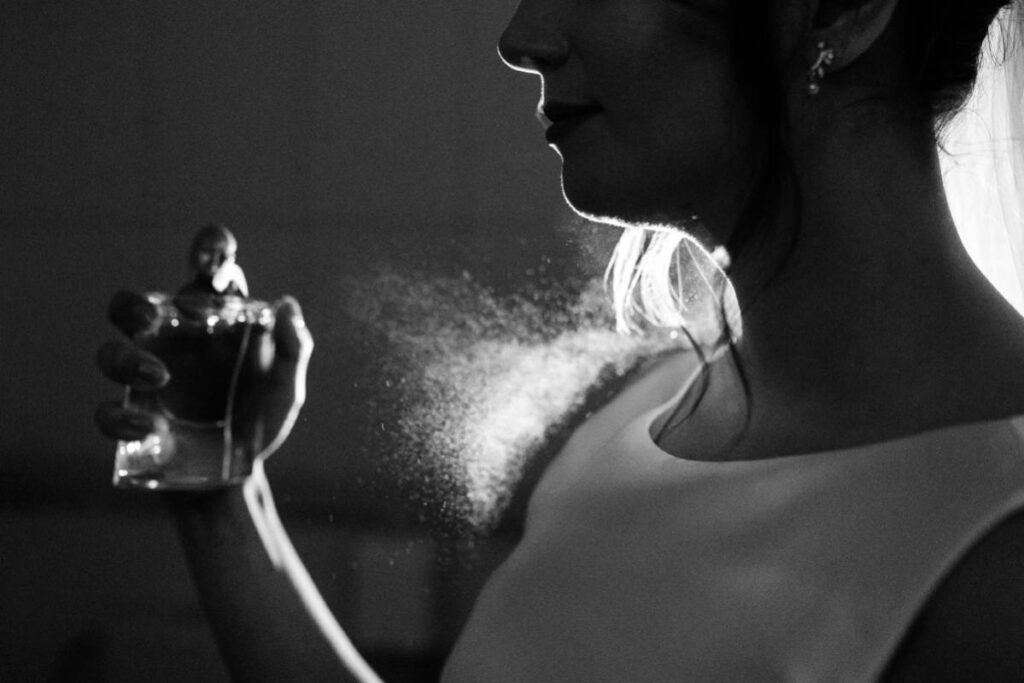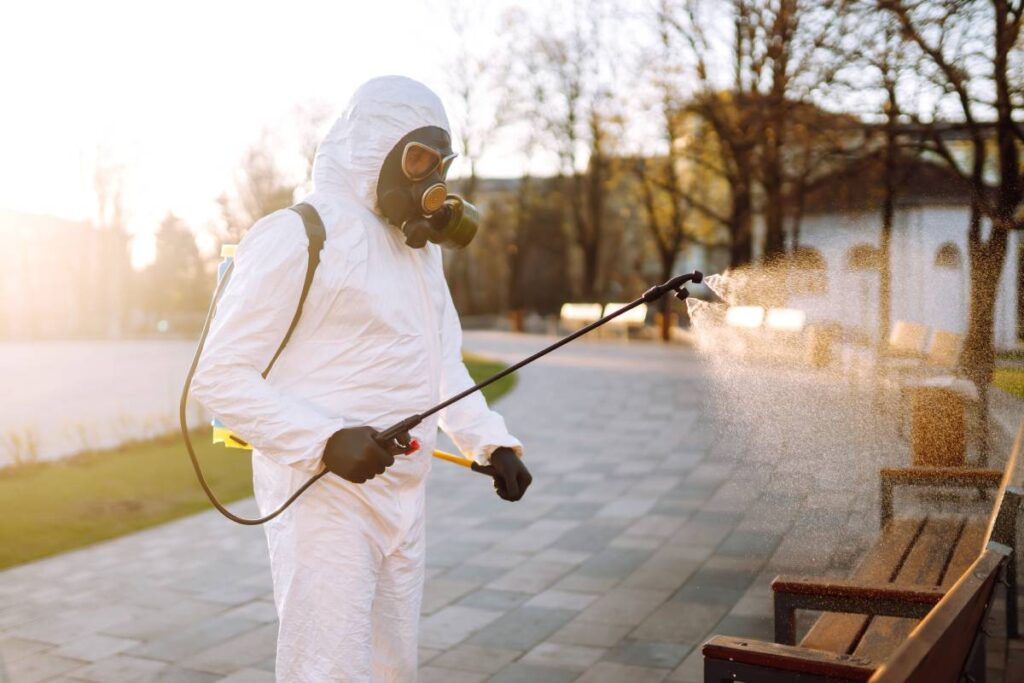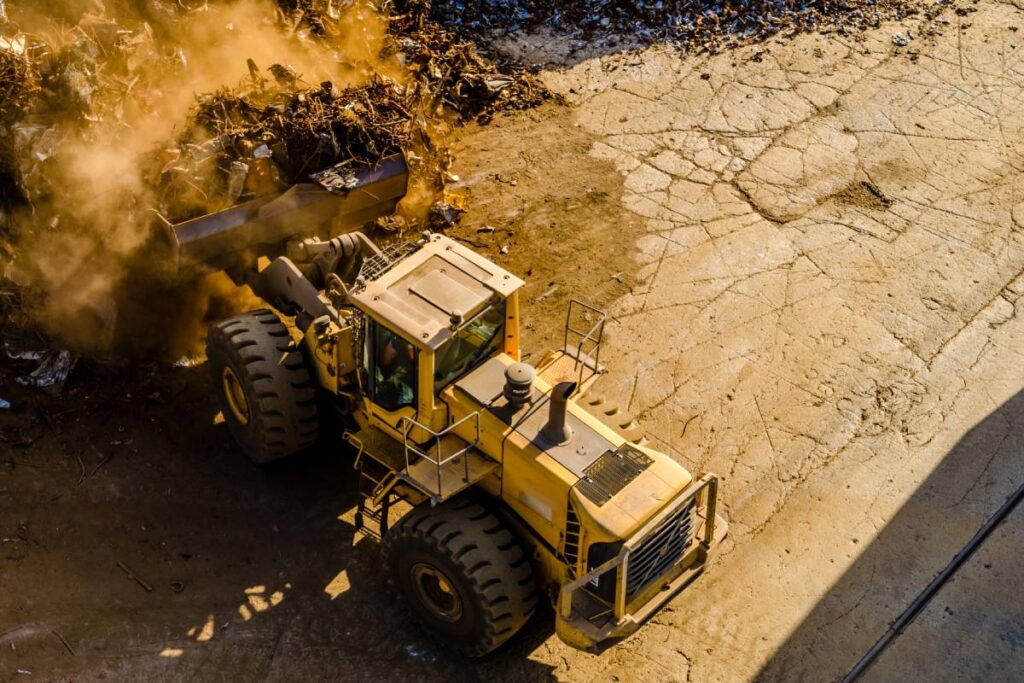How Much Does It Cost to Install Smoke Alarms in 2025 in Australia?

When it comes to protecting your home and family, installing a reliable smoke alarm system is one of the most important safety measures you can take. A functioning smoke alarm can mean the difference between life and death in the event of a fire, alerting you early enough to evacuate safely and minimise property damage.
In Australia, the cost of installing smoke alarms can vary depending on several factors, such as the type of alarm, number of units, wiring requirements, and whether you hire a licensed electrician or attempt a DIY installation. As we move into 2025, with new safety standards and technology advancements, understanding the installation costs is crucial for homeowners and landlords alike.
Let’s take a detailed look at how much it costs to install smoke alarms in 2025 in Australia — and what you should consider before booking your installation.
Why Smoke Alarms Are Essential in Every Home
Smoke alarms are not just a safety feature — they are a legal requirement across all Australian states and territories. Early fire detection gives residents valuable seconds to react, helping to prevent injuries, fatalities, and extensive property loss.
Fire and Rescue NSW reports that you are twice as likely to die in a house fire without a working smoke alarm. Unfortunately, many Australian homes either don’t have enough smoke alarms installed or have outdated models that no longer function properly.
Regulations also specify the number, placement, and type of alarms required depending on the property type (e.g., rental, new build, or existing home). This means installing or upgrading your alarms must comply with local building and fire safety codes.
Smoke Alarm Regulations in 2025
Smoke alarm requirements can differ between states, but here’s a summary of what’s generally expected across Australia as of 2025:
- All homes must have interconnected photoelectric smoke alarms — when one alarm is triggered, all alarms in the house sound simultaneously.
- New builds and major renovations require hardwired smoke alarms with battery backup.
- Existing homes must upgrade to photoelectric smoke alarms (no ionisation types) before selling, leasing, or transferring ownership.
- Rentals must have smoke alarms tested and maintained annually by the landlord or property manager.
Some states, like Queensland, have stricter standards, requiring smoke alarms in every bedroom, hallway, and on each storey. Other states, such as NSW and Victoria, have similar regulations that align with national standards.
If you’re uncertain, it’s best to speak with a licensed electrician to ensure your installation complies with local codes.
Types of Smoke Alarms and Their Costs
There are several types of smoke alarms available in Australia, and your choice will directly impact installation costs.
Photoelectric Smoke Alarms
These are the most commonly recommended alarms in 2025. They detect slow-smouldering fires caused by electrical faults, upholstery, or bedding materials.
- Average unit price: $25 – $70 per alarm
- Pros: Accurate detection, fewer false alarms, long lifespan
- Recommended for: Bedrooms, living areas, hallways
Ionisation Smoke Alarms
These were once popular but are now being phased out due to their inefficiency in detecting smouldering fires.
- Average unit price: $20 – $50 per alarm
- Pros: Quick response to flaming fires
- Cons: More false alarms, not compliant with many state laws
Dual Sensor Smoke Alarms
These combine photoelectric and ionisation technologies for broader fire detection.
- Average unit price: $40 – $100 per alarm
- Pros: Best all-around protection
- Cons: Higher cost
Hardwired vs. Battery-Operated
- Hardwired alarms are connected directly to your home’s electrical system with a backup battery — ideal for long-term use.
- Battery-operated alarms are easier to install but require regular maintenance and replacement.
Average installation cost:
- Hardwired: $120 – $250 per unit (including labour)
- Battery-operated: $40 – $100 per unit (DIY or basic professional setup)
Factors Affecting Installation Costs in 2025
Several elements can influence how much you’ll pay to install smoke alarms in your home:
Number of Smoke Alarms Required
Australian standards recommend:
- 1 smoke alarm per bedroom
- 1 in each hallway or corridor connecting bedrooms
- 1 per level of a multi-storey home
For a typical 3-bedroom home, you may need 4–6 alarms, which could cost between $500 and $1,200 depending on wiring and placement.
Type of Property
- Apartments may require fewer alarms and easier wiring access.
- Large houses or properties with multiple storeys usually cost more due to longer wiring distances and additional alarms.
Hardwiring and Electrical Work
If your home doesn’t have existing electrical connections for smoke alarms, an electrician will need to install new wiring — increasing labour time and total cost.
Interconnection
Modern systems often require interlinked alarms, either hardwired or wirelessly connected. Wireless models may cost more upfront, but they save on installation time.
Labour and Callout Fees
In 2025, licensed electricians in Australia typically charge:
- $80 – $120 per hour for labour
- $50 – $100 as a callout fee
On average, installing a single hardwired smoke alarm takes about 30–60 minutes.
Average Cost to Install Smoke Alarms in 2025
Here’s an estimated price breakdown based on typical Australian conditions:
| Installation Type | Average Cost (per alarm) | Total for 3-Bedroom Home |
|---|---|---|
| Battery-operated DIY | $40 – $100 | $160 – $400 |
| Battery-operated (Electrician) | $80 – $150 | $350 – $800 |
| Hardwired (Electrician) | $150 – $250 | $600 – $1,200 |
| Interconnected (Wireless) | $180 – $300 | $700 – $1,400 |
Note: Prices vary depending on the brand, home layout, and location.
Additional Costs to Consider
Annual Maintenance
Smoke alarms must be tested and cleaned regularly to ensure they function properly.
- Annual testing and maintenance service: $100 – $200 per visit
Battery Replacement
Even hardwired alarms require backup batteries.
- 9V battery: $10 – $20 per unit (replaced yearly)
System Upgrades
If your property has outdated ionisation alarms, upgrading to photoelectric models with interconnection may require additional labour and rewiring.
Compliance Certification
For landlords, property managers, or sellers, certification may be required to confirm that alarms meet safety standards.
- Compliance certificate: $50 – $150
DIY vs. Professional Installation
You might be tempted to install battery-operated smoke alarms yourself to save money. While this is technically possible, it’s important to weigh the pros and cons.
DIY Installation
- Pros: Cost-effective, no electrician required
- Cons: Risk of incorrect placement, poor interconnection, or non-compliance with regulations
Professional Installation
- Pros: Guaranteed compliance, correct wiring, safe installation
- Cons: Higher upfront cost
In 2025, given the stricter building codes and requirements for interconnected systems, hiring a licensed electrician is strongly recommended.
Choosing the Right Electrician
When selecting an electrician for smoke alarm installation, look for:
- Licensing and insurance – Always confirm they are fully certified in your state.
- Experience – Choose professionals familiar with Australian smoke alarm standards.
- Transparent pricing – Request a detailed quote before work begins.
- Warranty – Check if both the alarm units and installation come with coverage.
It’s also wise to hire an electrician who offers ongoing maintenance or testing services, ensuring your alarms stay functional year-round.
Tips for Reducing Costs
If you’re looking to save money on your smoke alarm installation without compromising safety, consider these tips:
- Opt for bulk installation – Installing multiple alarms in one visit reduces labour costs.
- Choose wireless interconnected systems – Saves on wiring expenses.
- Combine with other electrical work – If you’re already upgrading lighting or power points, have the alarms installed at the same time.
- Schedule annual checks – Prevent costly replacements by maintaining your system regularly.
Final Thoughts
The cost to install smoke alarms in Australia in 2025 typically ranges from $500 to $1,200 for a standard home, depending on the type of system and number of units required. While DIY options exist, professional installation remains the best way to guarantee compliance with Australian safety standards and ensure reliable operation.
Smoke alarms are not just an expense — they are an investment in your family’s safety and peace of mind. Given the potential consequences of malfunctioning or missing alarms, hiring a qualified electrician is well worth the cost.
If you’re looking for a trusted, licensed electrician to install or upgrade your smoke alarms in Sydney, Reds Power Solutions is an excellent choice. Their experienced team provides reliable, compliant smoke alarm installations tailored to your home’s needs.
Protect your family and property — contact Reds Power Solutions today for expert smoke alarm installation and peace of mind in 2025 and beyond.

